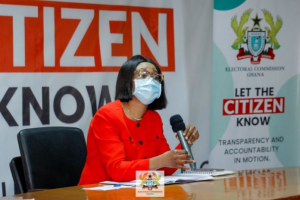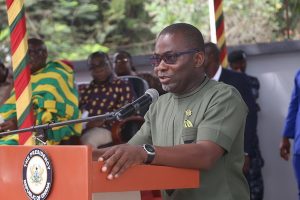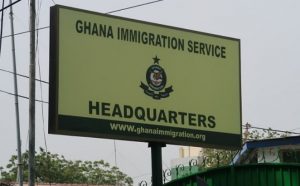The Ghana Statistical Service (GSS) has revealed that the elderly population has increased almost 10 times in the past six decades from a little over 200,000 (213,477) in 1960 to almost 2 million (1,991,736) in 2021.
GSS, in a statement to mark the International Day of Older Persons, shared its findings which reveal that the elderly population (60 years and above) comprises 861,830 (43.3%) males and 1,129,906 (56.7%) females.
The report further indicates that 341,960 elderly persons are living alone, with 62,480 out of that number being 80 years and older.
The findings also indicated that one out of every four (25.7%) elderly persons is multi-dimensionally poor, slightly lower than what prevails in the total population (29.9%).
“The incidence of multidimensional poverty among the elderly ranges from 8.8% in the Greater Accra Region to 53.0% in the Savannah Region. A little over a third (37.5%) of the elderly population is employed – five in every 10 (50.0%) for the age group 60 to 69 years, about three in every 10 (28.6%) for the age group 70 to 79 years, and one in every 10 (10.7%) for the age group 80 years and older.”
“Nine out of every 10 (90.1%) employed elderly persons are working in the private informal sector with eight out of every ten (80.0%) being self-employed without employees. Nationally, 395,693 older persons representing over half (53.2%) of the employed elderly population are in vulnerable employment.”
GSS called for an assessment of Ghana’s preparedness to safeguard the well-being of the growing numbers of older persons in the country.







